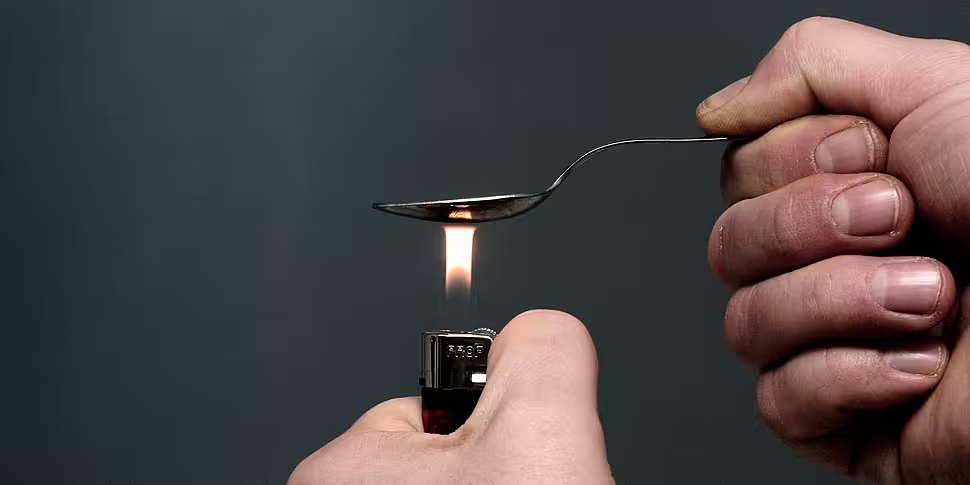Over 1,400 more people were treated for heroin addiction last year than five years earlier.
In 2017, over 8,000 people received opioid-substitution prescriptions, under the medical card scheme.
By 2021, that figure had increased to 8,845.
Last year, according to Freedom of Information figures, it rose by over 600 to 9,484 by the end of November; almost one third of those treated were women and the remaining two thirds were men.
Dr Garrett McGovern, a Dublin GP who specialises in addiction, says the drug can be lethal.
“It is very dangerous,” he told Newstalk.
“But I have to say, a lot of the dangers of heroin are due to the fact that it’s illicit.
“We’ve had many deaths over the years that haven’t actually been due to the drug but due to what it’s cut with - in other words, what it’s mixed with.
“And also, people will use it along with other CNS depressants - such as alcohol.”
Almost 2,500 people in the north Dublin region got opioid substitution prescriptions last year.
Dr McGovern says heroin problems continue to be most common in marginalised communities.









